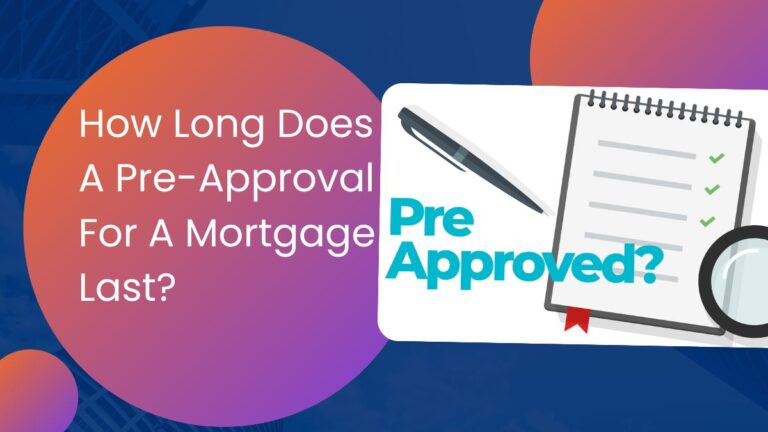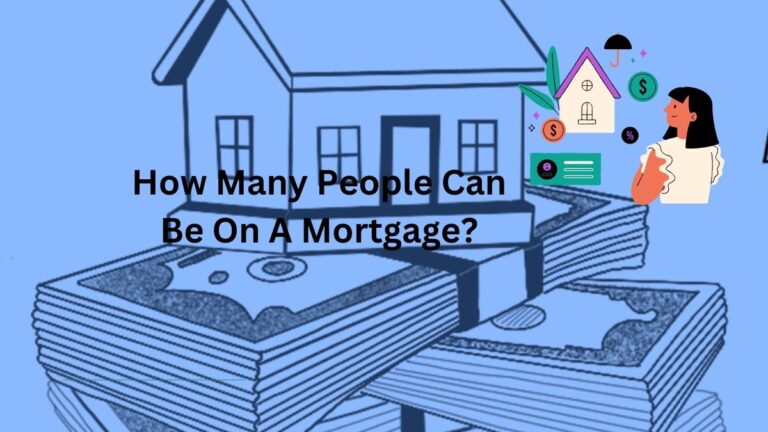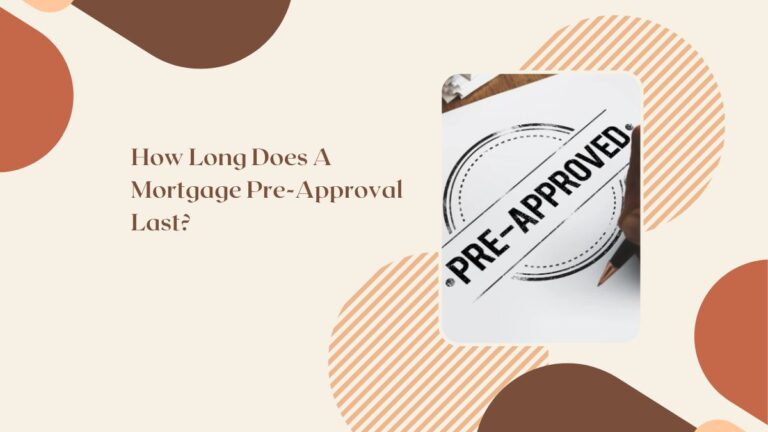Does Switching Currency Violate Your Mortgage Contract?
Switching currencies can be a tempting prospect, especially when you see the potential benefits it could offer. But if you’re currently under a mortgage contract, you might find yourself wondering if this move could land you in hot water. After all, no one wants to risk violating their mortgage Contract agreement and facing legal consequences.
So, let’s dive into the intriguing question: does switching currency violate your mortgage contract? In this blog post, we’ll explore what a mortgage contract entails, any exceptions that may exist, and whether changing currencies is illegal or not. Get ready to uncover the truth about this financial quagmire!
What is a mortgage contract?
- A mortgage contract is a legally binding agreement between a borrower and a lender. It outlines the terms and conditions under which the borrower can obtain funding to purchase or refinance a property. Simply put, it’s an essential document that sets out the rules of engagement for your home loan.
- Typically, a mortgage contract includes crucial details such as the loan amount, interest rate, repayment schedule, and any additional fees or charges. It also states the rights and responsibilities of both parties involved in the transaction.
- When you sign a mortgage contract, you’re essentially promising to repay the borrowed funds according to the agreed-upon terms. This means making regular monthly payments over an extended period until you’ve fully paid off your debt.
- Mortgage contracts are designed to protect both borrowers and lenders by providing clarity about their obligations throughout the loan term. They serve as legal safeguards that ensure transparency and fairness in financial transactions related to real estate purchases.
It’s important to carefully review all aspects of your mortgage contract before signing it. Understanding its provisions will help you navigate through potential pitfalls and make informed decisions about your finances. Remember, knowledge is power when it comes to managing what might be one of life’s most significant investments – owning a home!
Are there any exceptions to my mortgage contract?
When it comes to mortgage contracts, there are certain provisions that outline the terms and conditions of your loan agreement. While these contracts may seem rigid, they are not set in stone and can sometimes have exceptions.
One common exception is the ability to make additional payments towards your mortgage principal. Many mortgage contracts allow borrowers to pay extra towards their loan balance, which can help to reduce the overall interest paid over time.
Another potential exception is the ability to refinance your mortgage. If market conditions change or you find a better loan option, refinancing allows you to replace your current mortgage with a new one. This can be beneficial if it helps you secure a lower interest rate or more favorable terms.
Additionally, some mortgages offer flexible payment options such as bi-weekly or accelerated payments. These arrangements allow borrowers to pay off their loans faster and potentially save on interest charges.
It’s important to note that while exceptions may exist within your contract, they must typically be spelled out explicitly in order for them to apply. It’s always best practice to review your specific mortgage agreement or consult with a legal professional familiar with real estate law before attempting any modifications.
Understanding any exceptions within your mortgage contract is crucial for making informed decisions about managing your home loan obligations. By being aware of these possibilities, you can navigate through unexpected circumstances effectively while staying compliant with the terms outlined in your agreement
If I switch my currency to another currency, does that break my mortgage contract?
- If you’re considering switching currencies while still under a mortgage, it’s natural to wonder if this decision could potentially violate your mortgage contract. The answer is not as straightforward as a simple yes or no, as it depends on various factors.
- First and foremost, it is essential to carefully review the terms and conditions of your specific mortgage agreement. Some contracts may have explicit clauses that prohibit currency switching, while others may be more permissive or silent on the matter.
- Additionally, geographic location plays a role in determining whether changing currencies violates your mortgage contract. In some countries, such actions might be considered illegal or highly regulated due to financial stability concerns. However, in other jurisdictions with more flexible regulations, currency conversion within mortgages might be allowed.
- Another aspect to consider is how currency fluctuations can impact your loan repayment ability. If you switch from a stable currency to one that is more volatile or depreciating rapidly against the original loan currency, you could end up facing challenges in meeting your payment obligations.
- Always consult with legal and financial experts before making any decisions regarding changing currencies while under a mortgage. They can provide guidance based on local laws and regulations and help assess potential risks and consequences.
Remember that every mortgage contract is unique; therefore, seeking individualized advice is crucial when contemplating such significant financial decisions as switching currencies during an ongoing mortgage agreement.
Is it illegal to switch currencies while still under a mortgage?
- Switching currencies while still under a mortgage is not necessarily illegal, but it can have significant implications. When you sign a mortgage contract, you agree to make your payments in the agreed currency. This ensures that the lender receives consistent and predictable payments.
- However, if you decide to switch currencies without discussing it with your lender or obtaining their approval, it could be considered a breach of contract. The terms and conditions of your specific mortgage agreement will determine whether such an action violates the contract.
- It’s important to note that even if switching currencies is not explicitly prohibited in your mortgage contract, there may still be financial consequences. Currency exchange rates fluctuate constantly, and exchanging one currency for another can result in additional costs or losses.
- Before making any decisions regarding changing currencies while under a mortgage, it is crucial to consult with legal advisors or financial professionals who specialize in these matters. They can provide guidance based on your individual circumstances and guide you through any potential legal ramifications.
Remember that every situation is unique and should be thoroughly evaluated before taking any actions that may impact your mortgage agreement.
Conclusion
Switching currency while under a mortgage is not inherently illegal or a violation of your contract. However, it can have significant implications and should be approached with caution. It’s crucial to thoroughly review your mortgage agreement and consult with legal professionals before making any decisions.
While some mortgage contracts may prohibit currency switching outright, others may allow for flexibility in certain circumstances. It ultimately depends on the terms and conditions outlined in your specific contract. Factors such as the stability of the new currency, exchange rate risks, and potential impacts on loan repayments need to be carefully considered.
If you are considering switching currencies, it’s essential to weigh the potential benefits against the possible risks involved. Fluctuating exchange rates can expose borrowers to financial uncertainty and increased repayment amounts. Additionally, transitioning from one currency to another may also involve transaction costs or fees that could impact your overall financial situation.
To ensure you make an informed decision regarding currency switching without violating your mortgage contract, seek professional advice from lawyers specializing in property law or experts familiar with foreign exchange matters.
Remember that every case is unique, and seeking personalized guidance tailored to your specific circumstances is vital when navigating complex legal agreements like mortgages. Understanding the terms of your mortgage contract is critical in determining whether switching currencies would violate its provisions.






